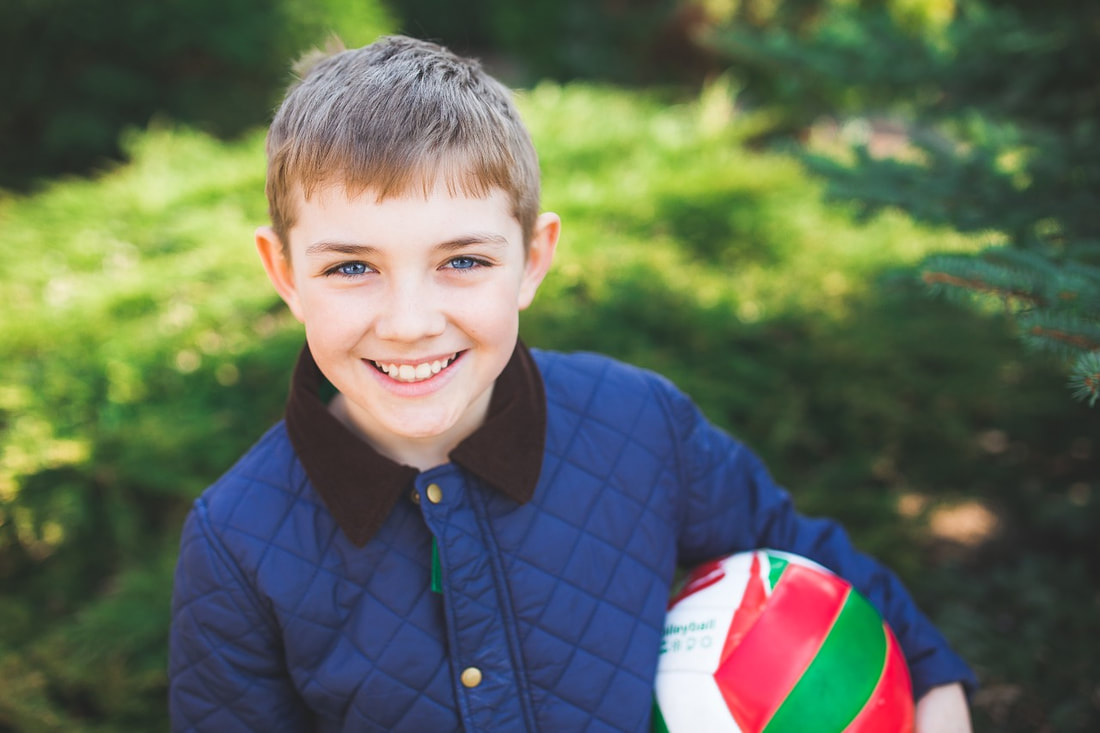The impacts of trauma on adopted children and foster children are often not the outwardly, visible ones you might expect. They often are invisible. Misunderstood. Misdiagnosed. And sometimes missed all together. One of the most misunderstood remnants of trauma that...
The impacts of trauma on adopted children and foster children are often not the outwardly, visible ones you might expect. They often are invisible. Misunderstood. Misdiagnosed. And sometimes missed all together.
One of the most misunderstood remnants of trauma that adoptive and foster families talk about is rooted in real issues with memory.
Okay...so here's an instance in which you will ALL be better off (parent & child) when you can meet your child right where he is at. It all begins at the Hippocampus, the area of the brain where short-term memories are consolidated into long-term memories.
Research after research shows that damage to the Hippocampus can affect a person's ability to learn new information and to maintain it. When this trauma happens during childhood, it results in severe effects.
One of the most misunderstood remnants of trauma that adoptive and foster families talk about is rooted in real issues with memory.
Okay...so here's an instance in which you will ALL be better off (parent & child) when you can meet your child right where he is at. It all begins at the Hippocampus, the area of the brain where short-term memories are consolidated into long-term memories.
Research after research shows that damage to the Hippocampus can affect a person's ability to learn new information and to maintain it. When this trauma happens during childhood, it results in severe effects.
call this the Swiss Cheese Effect. (I'm a very visual person)
So visualize this with me...a big chunk of Swiss cheese.
Not the cheap little blocks from the dairy section at your local grocery store, but the cheeses found in the specialty section - the REAL Swiss cheese.
It has parts that are whole and solid, but it also has areas where there are big holes. I mean you can stick your finger right through a good piece of Swiss.
This visualization is a good representation of an Adopted or Foster Child's Hippocampus after having lived in trauma (remember they have all lost their primary attachment figure so that qualifies as trauma).
Here's what happens...
during a stressful time, the Limbic System calls for a fight or flight response to help us handle things. One of the tools it uses is the release of Cortisol.
Normally after the stressor is gone, the Cortisol would return to normal levels. However, in especially traumatic situations, excess Cortisol is released into the body. This release or flooding has negative effects on the brain, damaging the neurons in the Hippocampus...creating that Swiss Cheese Effect.
Now, I want to specify that my visual for you is not literal, but figurative. The Hippocampus does not have holes in it per se; its neurons were damaged, meaning its function is like Swiss cheese. Sometimes the neurons connect and lots of times they don't...as if they are not there.
So let's apply your new found knowledge to your child. Does your child have a hard time following directions, applying the rules to new situations, finding things, learning?Does it feel defiant or manipulative? In other words, do you ever think if he would just try harder he could do it or she just did that two days ago she is being defiant by not doing it correctly now?It is so crucial that as Adoptive or Foster Parents you understand that this is NOT defiance in action...this IS deficit!
This is about memory; you need to do it differently!
As parents, you can add to the negative and scary spin of the deficit by misunderstanding the deficit as defiance or you can stop the spin, create healing, and help your family flourish by meeting him right where he is at.
It is real...many of our children do not have the ability to: remember the directions, where they put things, how then applies to now, make good choices, and so much more.
So, be the SAFETY NET...the place where your child is most understood, which converts to most valued, which ultimately converts to healing.
Your family CAN flourish, CAN get to Happy & Healthy. It takes a shift in mindset. A new understanding. It takes INTENTION.
P.S.
In CONNECT, our Group for Adoptive & Foster Parents, we dig deep into the impacts of trauma on adopted and foster children. We look at how they look on your child and what to do about them. Join us today! ?
So visualize this with me...a big chunk of Swiss cheese.
Not the cheap little blocks from the dairy section at your local grocery store, but the cheeses found in the specialty section - the REAL Swiss cheese.
It has parts that are whole and solid, but it also has areas where there are big holes. I mean you can stick your finger right through a good piece of Swiss.
This visualization is a good representation of an Adopted or Foster Child's Hippocampus after having lived in trauma (remember they have all lost their primary attachment figure so that qualifies as trauma).
Here's what happens...
during a stressful time, the Limbic System calls for a fight or flight response to help us handle things. One of the tools it uses is the release of Cortisol.
Normally after the stressor is gone, the Cortisol would return to normal levels. However, in especially traumatic situations, excess Cortisol is released into the body. This release or flooding has negative effects on the brain, damaging the neurons in the Hippocampus...creating that Swiss Cheese Effect.
Now, I want to specify that my visual for you is not literal, but figurative. The Hippocampus does not have holes in it per se; its neurons were damaged, meaning its function is like Swiss cheese. Sometimes the neurons connect and lots of times they don't...as if they are not there.
So let's apply your new found knowledge to your child. Does your child have a hard time following directions, applying the rules to new situations, finding things, learning?Does it feel defiant or manipulative? In other words, do you ever think if he would just try harder he could do it or she just did that two days ago she is being defiant by not doing it correctly now?It is so crucial that as Adoptive or Foster Parents you understand that this is NOT defiance in action...this IS deficit!
This is about memory; you need to do it differently!
As parents, you can add to the negative and scary spin of the deficit by misunderstanding the deficit as defiance or you can stop the spin, create healing, and help your family flourish by meeting him right where he is at.
It is real...many of our children do not have the ability to: remember the directions, where they put things, how then applies to now, make good choices, and so much more.
So, be the SAFETY NET...the place where your child is most understood, which converts to most valued, which ultimately converts to healing.
Your family CAN flourish, CAN get to Happy & Healthy. It takes a shift in mindset. A new understanding. It takes INTENTION.
P.S.
In CONNECT, our Group for Adoptive & Foster Parents, we dig deep into the impacts of trauma on adopted and foster children. We look at how they look on your child and what to do about them. Join us today! ?












